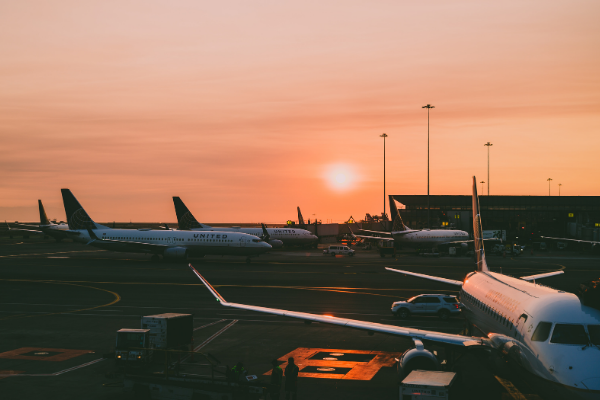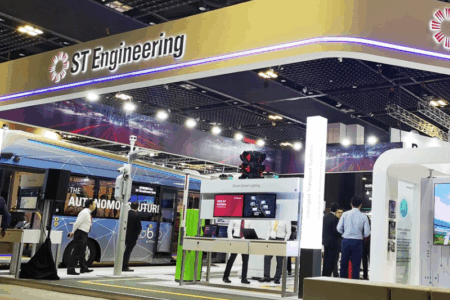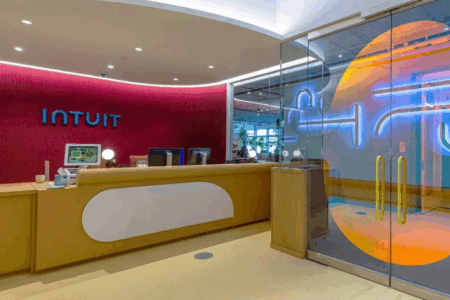There has been a raft of good news this week regarding the COVID-19 pandemic.
First off, on 9 November, Pfizer (NYSE: PFE), along with German biotechnology company BioNTech, announced interim results on its vaccine candidate that showed a 90% efficacy rate.
Of the 44,000 volunteers who participated in the vaccine trial, data shows that more people who received the placebo developed COVID-19, versus those who received the actual vaccine.
Recently just two days ago, Moderna Therapeutics (NASDAQ: MRNA) announced that its vaccine candidate achieved an even higher efficacy rate of 94.5% against the dreaded disease.
For many, these two pieces of news are like a breath of fresh air after a tough year.
But there are still significant challenges to delivering these vaccines to the general populace.
For one, transportation and storage are a challenge as Pfizer’s vaccine needs to be kept at minus 70 degrees Celsius and can only last up to five days with refrigeration.
Moderna’s vaccine has an edge here in that it can be stored at two to eight degrees Celsius and for 30 days.
There is also the question of mass production in sufficient quantities and the even bigger question of who gets the vaccines first.
Stock markets have, however, reacted favourably to this announcement, with major stock indices in the US and Singapore rising due to optimism.
Aviation-related stocks such as Singapore Airlines Limited (SGX: C6L), or SIA, and SATS Ltd (SGX: S58) have seen their share prices jump 16.6% and 30% respectively since 9 November.
Are we seeing a nascent rebound in the badly-battered sector?
Or could these vaccine announcements signal a false dawn?
Borders may slowly open up
The global search for a vaccine has hit fever-pitch as the pandemic has claimed countless lives over the past 10 months.
All over the world, pharmaceutical companies and research laboratories are racing against time to develop a suitable vaccine that can end this crisis.
Aside from Pfizer and Moderna’s announced successes, numerous other companies may be edging closer to a working vaccine, spelling hope for the millions of people whose lives have been invariably altered by the virus.
Assuming the vaccines are effective and have proven to have mild or no side effects, mass production could take place as soon as early 2021.
As more people get inoculated, borders should start to slowly open up after being shut for most of this year.
Tentative plans for restarting air travel
As borders open up and lockdowns ease, air travel could then restart again, albeit tentatively.
As airlines around the world moth-balled almost their entire fleets in response to the coronavirus crisis, it may take a while before air travel can take on a semblance of its former glory.
The reality is that it may take time and more studies to assess the impact of the vaccines on human health, as well as to monitor the continued efficacy of these vaccines against the virus.
Experts have warned that the vaccines may confer limited immunity that may expire over some time, while there are also risks of the virus mutating into a form that may evade the vaccine’s effects.
All these uncertainties culminate into a stretched timeline for the opening up of countries and the restarting of air travel.
A new normal
Investors should note that even if air travel does resume, the landscape would have been irreversibly altered by the pandemic.
Airlines and catering companies will face a new normal where enhanced measures are needed to make travellers feel safe and confident.
Examples will include health assessments for passengers at check-in, digital food ordering to minimize physical contact with the in-flight food cart, and another follow-up health screening on arrival.
Besides, airlines will also need to install hand sanitizers, engage in more cleaning and disinfecting, and apply antimicrobial coatings onto surfaces that people frequently touch.
These measures will undoubtedly add on to the overall costs of a flight, not to mention also causing significant delay and inconvenience for passengers along the way.
Cabin interiors may also need to be modified to ensure safe distancing guidelines are met, thereby reducing the maximum capacity per flight.
All these initiatives should continue to be enforced even after a vaccine has been developed and distributed, as the world faces a brave new normal that’s vastly different from what we were used to pre-pandemic.
Get Smart: A touch of optimism, but caution needed
There are good reasons to be optimistic about the aviation industry.
SIA has recently established a travel bubble with Hong Kong and is in the process of negotiating further such bubbles with other countries.
SATS has built up its cold-chain logistics capability and CEO Alex Hungate has remarked that the group can transport Pfizer’s vaccine, potentially opening up new revenue streams.
Both companies are adapting to the new reality for now, but investors should remain cautious as the pandemic situation remains dynamic and aviation remains mired in uncertainty.
As an investor, you might wonder what the future holds for the REITs in your portfolio. Or how to select REITs that can make you money as Singapore’s economy struggles to recover from the pandemic.
Download your FREE special REITs report: “How You Can Make Money Investing In REITs As Singapore Recovers” HERE!
Disclaimer: Royston Yang owns shares in SATS Ltd.





